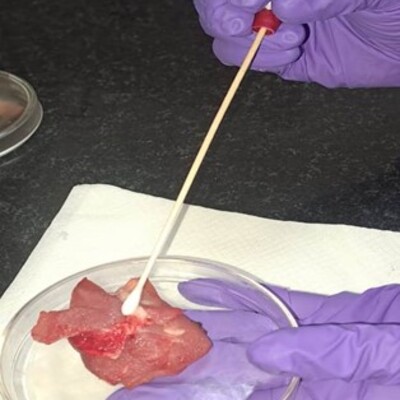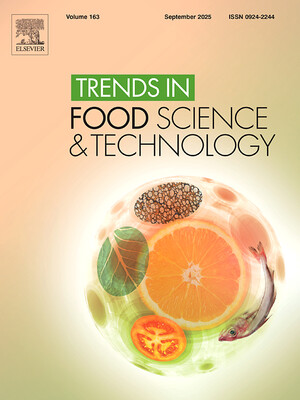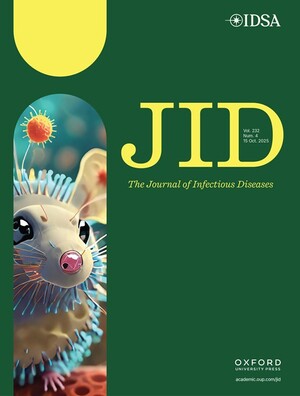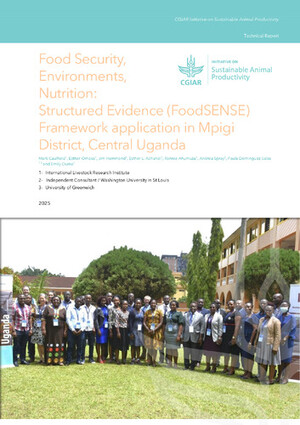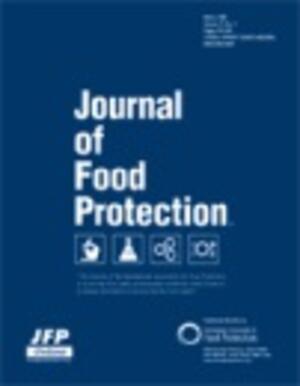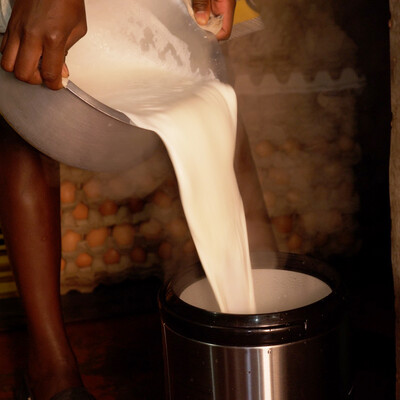
New review article tackles the question: Can aflatoxin binders in foods be promoted safely and ethically?

There are too many issues with using lactic acid bacteria for aflatoxin binding for the practice to be safely promoted, according to a newly published review. The review adds that using aflatoxin binders in human food might even worsen food safety in the longer term.
“Use of binding agents in foods contradicts all the existing principles
and regulations set to ensure food safety. If such a method is promoted, the
efforts to combat the aflatoxin problem at farm level and throughout the value
chain, to eliminate and reduce the contaminants, could be compromised,” the study
says.
Aflatoxins continue to be a food safety problem globally, especially in
developing regions. A significant amount of effort and resources have been
invested to control aflatoxins. However, these efforts have not substantially
decreased the prevalence nor the dietary exposure to aflatoxins in developing
countries.
One approach to aflatoxin control is the use of binding agents in foods,
and lactic acid bacteria have been studied extensively for this purpose.
However, when assessing the results comprehensively and reviewing the
practicality and ethics of use, risks are evident and concerns arise.
The study notes that aflatoxin binding research has approached the issue
from a one-component ‘silver bullet’ solution instead of focusing on a
comprehensive approach to aflatoxin control that considers good agricultural
practices at the farm level and good manufacturing practices during
production.
Promoting increased diversity of diets, particularly of staple crops,
may contribute towards reduced exposure to aflatoxins. Additionally, the role
of food safety authorities needs to be strengthened to safeguard food quality
in both formal and informal markets.
Citation
Ahlberg, S., Randolph, D., Okoth, S. and Lindahl, J. 2019. Aflatoxin binders in foods for human consumption—Can this be promoted safely and ethically? Toxins 11(7): 410.






